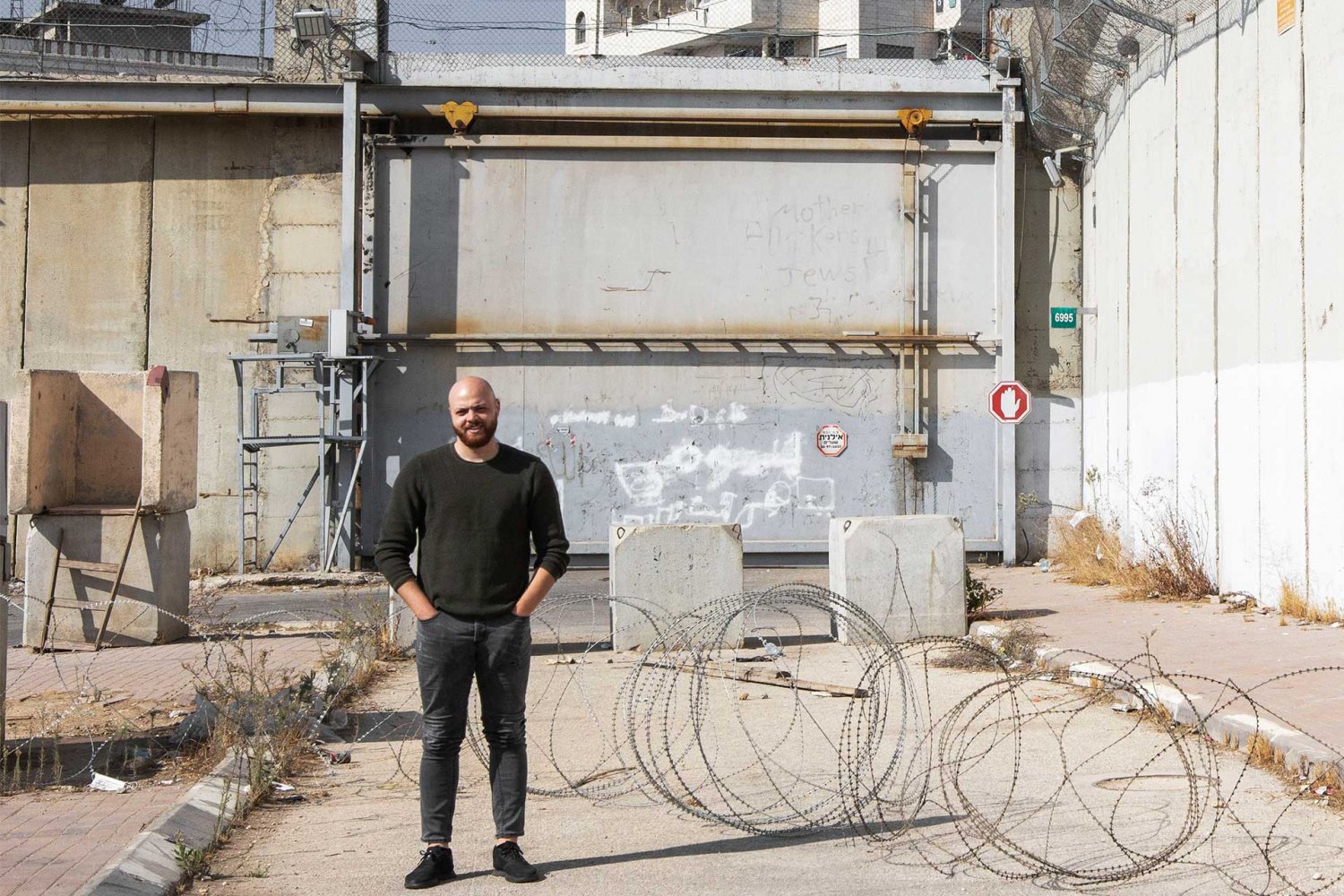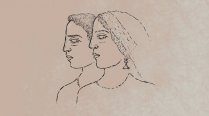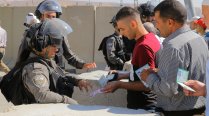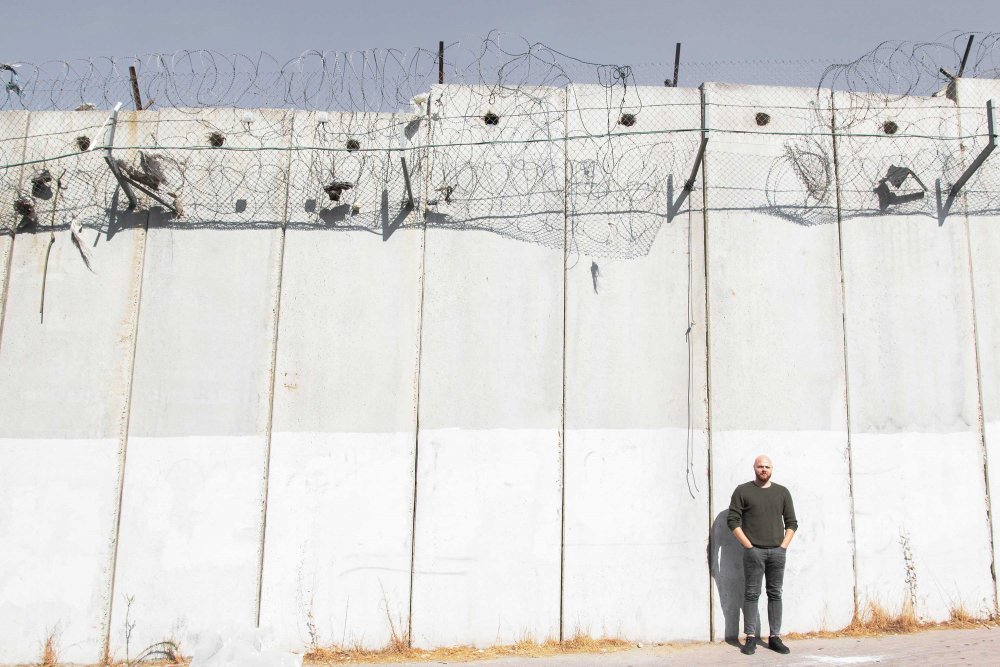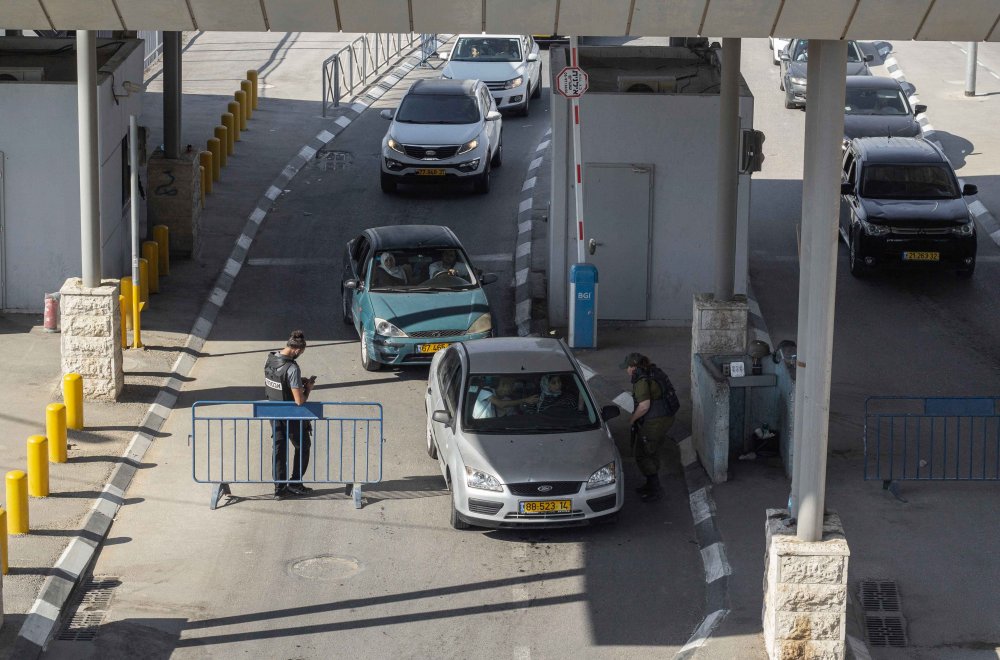After nine months of working with this delivery company, Zaid’s car was stopped and searched at Hizma checkpoint. The soldier found the goods; he questioned Zaid and ordered him to reroute and go through Beituniya checkpoint instead, referring to it as the “economic border.” Beituniya checkpoint is used by the few Palestinian merchants who manage to obtain a permit to sell their products in Jerusalem or Israel.
Zaid knew that his car plate number would be flagged at all checkpoints and that he would be prevented from entering Jerusalem; on the other hand, if he could not find a way around the checkpoints and deliver the goods, he would lose his job.
Zaid decided to try another checkpoint. As expected, his car was stopped and the soldier told him, “We told you, you can’t pass.” Zaid tried four different checkpoints but was not allowed to pass through any of them.
Zaid did not give up. He called a friend, and they cooked up a story that they hoped might convince the soldiers to let him through. Once again, he went back to Hizma checkpoint. The car was stopped again, and the soldier who stopped it not only did not believe Zaid’s story, but threatened to call the tax authority and report that Zaid was working in the black market.
“I decided that I did not need more complications, and I certainly don’t want to pay fines,” Zaid said.
Unable to pass through the checkpoint after his car was flagged, he lost his job.

